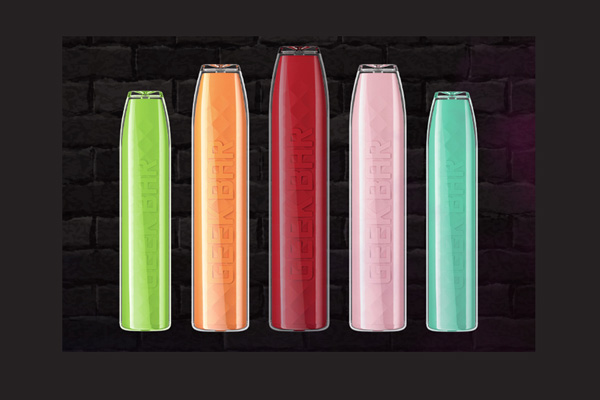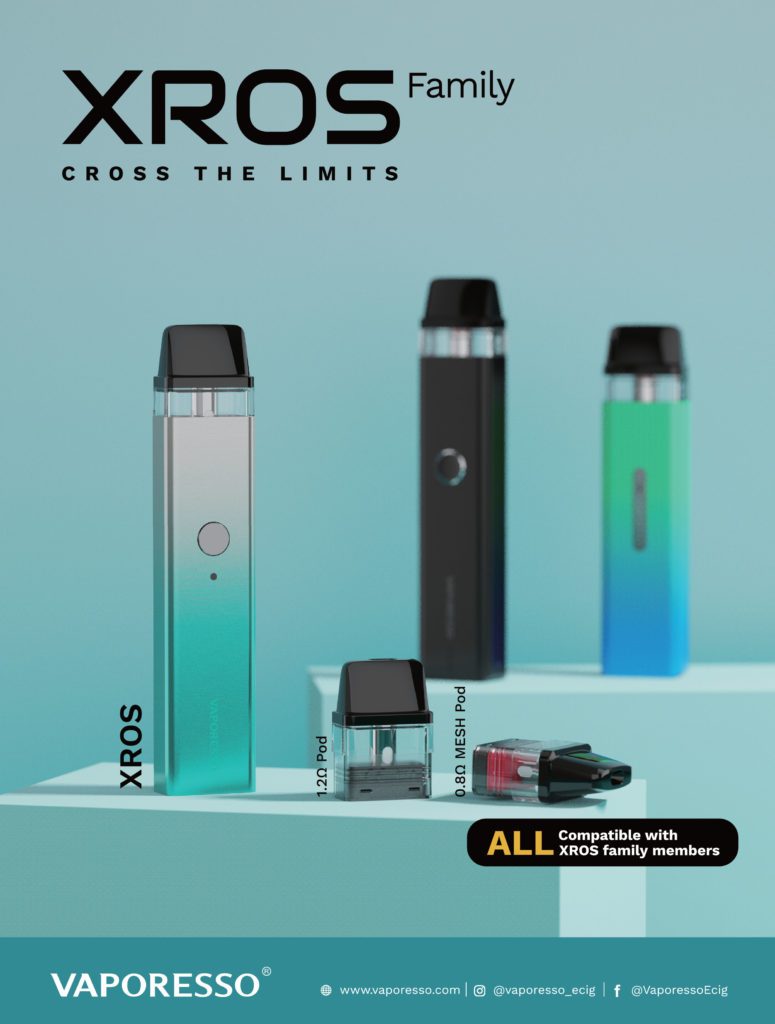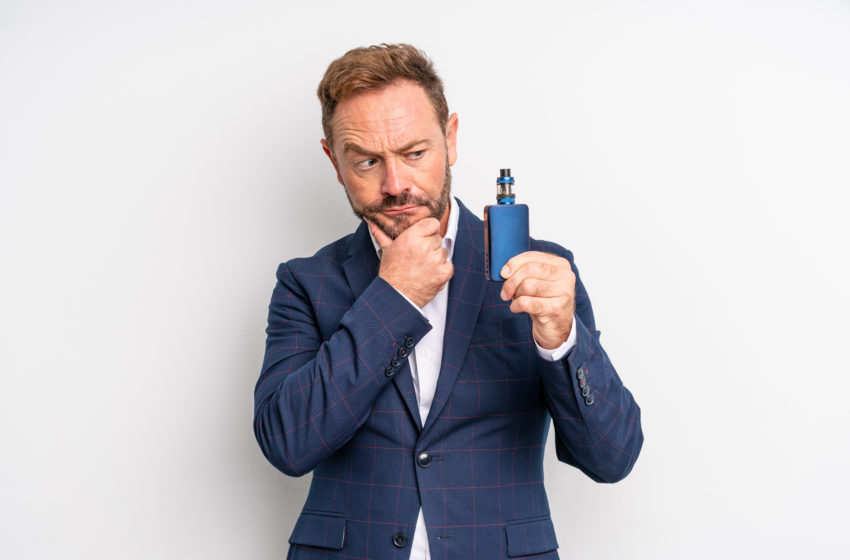
Thousands of vaping products in New Zealand started being removed from store shelves Friday as new regulations on packaging come into effect.
The move is part of the amended Smokefree Vaping Act rolled out 15 months ago, which includes it only being legal to sell vape products registered with the Ministry of Health, according to 1News.
Action for Smokefree 2025 director Deborah Hart on Friday told Breakfast the new regulations mean manufacturers need to be more transparent about what’s in their products.
“The Government has been rolling out regulations right from the very start of the (Smokefree Environments and Regulated Products) Act. So from the start of the Act until today, one of the things we’ve been doing is around the safety of the product,” she said.
“Six months ago importers and manufacturers had to start notifying what was in their products – had to notify labels, packaging and what’s in the products.
“And today they had to do all that, they can only sell what’s been notified, and to notify they had to adhere to the safety regime that had been set up by the Government. So that’s fantastic.”



 A seven percent rise in full-year adjusted revenue to 25.7 billion pounds ($34.8 billion) was reported by
A seven percent rise in full-year adjusted revenue to 25.7 billion pounds ($34.8 billion) was reported by 
















 The Association of Convenience Stores (ACS), a U.K.-based retailers group with more than 33,500 members, has launched a new guide to help retailers with the sale and supply of e-cigarettes and other vaping products.
The Association of Convenience Stores (ACS), a U.K.-based retailers group with more than 33,500 members, has launched a new guide to help retailers with the sale and supply of e-cigarettes and other vaping products.


